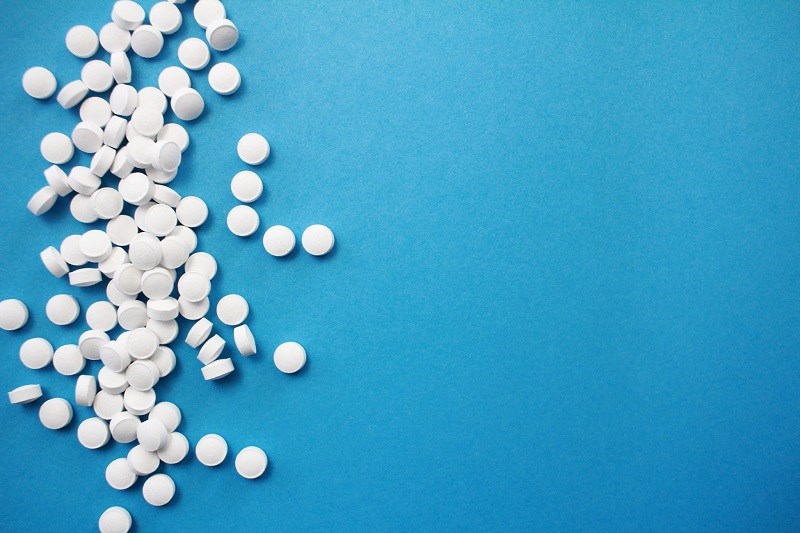
The rising number of cases of coronavirus (2019-nCoV) has been alarming. The vast majority of cases occurred in China, resulting in a business lock-down for certain sectors. Some stocks fell ill, and others rose up to the challenge of finding a cure.
A raft of micro- and small-cap biotech stocks began to go big. And then, the World Health Organization declared the coronavirus outbreak a global health emergency, signaling the coronavirus threat beyond borders, and opportunistic investors sought out solutions far and wide and of varying degrees of relevance.
“Investors have been eager to find firms that have the most promising technologies for containing the spread of the virus and helping currently infected patients recover,” says Karen Andersen, healthcare strategist at Morningstar.
The bandwagon
“A lot of the names you’d expect to show up did,” says Eden Rahim, portfolio manager and option strategist at Next Edge Capital. Rahim manages the Next Edge Bio-Tech Plus Fund and saw similar situations with the SARS, H1N1, MERS and ZIKA viruses – vaccine makers, diagnostic and related equipment and supplies jump.
Major companies providing medical supplies, such as Baxter International (BAX), received a bump, but it’s believed to be short-lived. “Medical supplies (preventive products like masks and soaps and commodity hospital supplies like saline solutions) could also see increased short-term demand. However, we don't assume any significant long-term financial impact from the outbreak,” says Andersen. “We're not making any changes to our fair value estimates within our healthcare coverage as a result of the 2019-nCoV outbreak.”
She explains that unless 2019-nCoV has staying power, most of these sales tend to reverse in the following year, limiting the impact of any valuation effect. Most of the supplies used in preventing the spread of viruses are commodity-like products, so firms are less able to retain excess profits - especially over the long term, she adds.
Reality check
Like almost all investing, in this case as well, investors need to ignore the noise and focus on the long term.
“Within our healthcare coverage at Morningstar, we think the biggest financial benefit could come to firms that develop novel drugs to treat 2019-nCoV or vaccines to prevent it, but the timeline until regulatory approval of such therapies is highly uncertain,” says Andersen, adding that shares of Gilead (GILD) rose significantly on Monday as investors processed the news that the first confirmed U.S. case of 2019-nCoV appears to have responded to Gilead's investigational Ebola virus treatment Remdesivir,” notes Andersen.
And its not just Gilead. There have been preliminary signs of effectiveness from drugs including AbbVie (ABBV)’s approved HIV combination Kaletra/Aluvia. Kaletra is the only protease inhibitor that has been recommended by China's National Health Commission as a treatment for 2019-nCoV, although the benefit to AbbVie of any use could be minimal; multiple generic firms have already manufactured the drug in international markets, and AbbVie has donated Kaletra supplies to China.
These things take time
The bottom line though is that vaccines take time. “You need long term investors in a position to spend a lot of money, like Roche (RO),” says Rahim. “It's most likely an experienced large biopharma like Gilead (who developed Tamiflu) or GlaxoSmithKline (GSK) will most rapidly develop an anti-viral to 2019-nCoV.” Both shares are modestly up over the past month, with Gilead making a last-minute sprint.
However, Gilead’s success isn’t enough to warrant a long-term boost yet. “With a placebo-controlled trial of Remdesivir just beginning in China and other potentially generic treatment options also being tested, we're not making any changes to our Gilead fair value estimate at this time,” says Andersen.
“For vaccines, even if they can be manufactured quickly (within months) at firms including smaller biotechs like Inovio (GBMB) and Moderna (MRNA) and Big Pharma firms like Johnson & Johnson (JNJ) and Glaxo, clinical trials would likely take months if not more than a year, as safety would need to be verified before administering such vaccines to healthy individuals. In addition, the outbreak could be abating by the time a vaccine is deemed safe,” says Andersen.
“The keyhole that everyone has to go through is the regulators,” Rahim says, explaining that vaccine research and production can bounce between acquisitions and licensing deals with multiple companies before a product actually goes to market. “Flu vaccines have become a commodity business. It’s a different dynamic now,” says Rahim. “When you look at the Ebola vaccine, it has so far been a humanitarian effort for Merck.” He doesn’t see the reality of vaccine production as particularly profitable.
What should you do?
For investors looking to capitalize now, look for near availability. Andersen sees potential for peripherals. “Beyond Gilead, other names in our coverage--like Roche, whose diagnostics arm has a coronavirus assay available for research use but not yet approved--could see some tailwinds as the need for diagnostics rises.”
Coronavirus cures and related treatments, backed by large companies, still hold great promise for both patients and investors alike.
If you’re looking to chase quick returns through making speculative bets, though, Microcap biotech company Nanoviricides Inc. (NNVC) offers a cautionary tale. The company saw exponential growth to US$17 a share since the end of January with speculations and declarations of work towards a cure. It has since fallen to $9 a share on adjusted investor expectations. As we always say, focus on the long term, and invest as per your goals, and only within your risk appetite.























